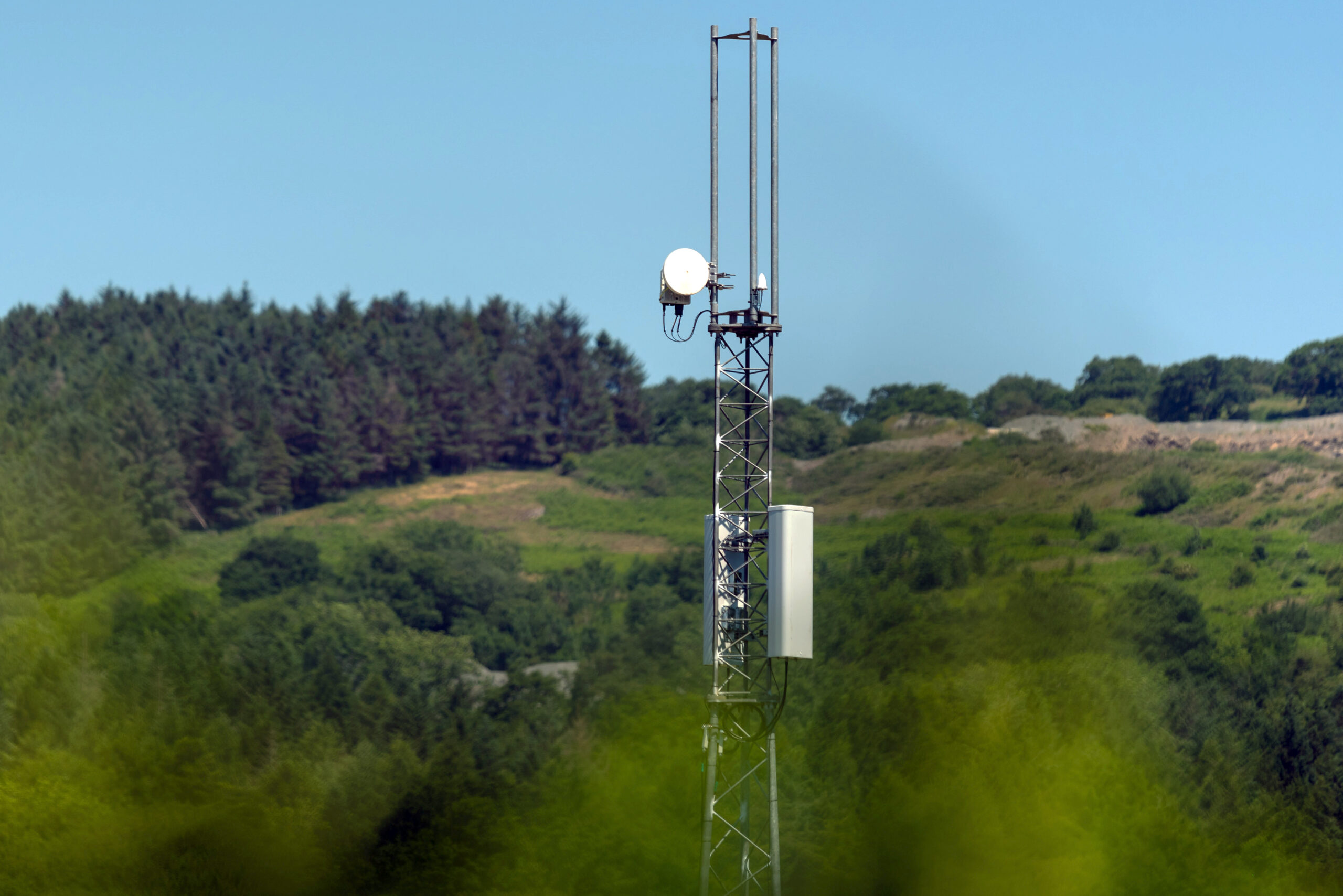One of England’s most flood-prone regions is partnering with the mobile giant for a more accurate picture of April showers.
The partnership sees Vodafone working with the River Severn Partnership Advanced Wireless Innovation Region and Wireless DNA to provide improved short-term weather forecasts.
Known as ‘nowcasting’, the process involves providing accurate pictures of climate conditions minutes-to-hours ahead of events such as sudden downpours and storms. This can significantly improve long-term resilience to flooding and other risk factors, with the region chosen specifically because of its long history of deluges, with an annual bill of around £230million for management and mitigation measures.
Vodafone’s digital mobile network will be repurposed as an environmental sensor, which can monitor rainfall and precursor conditions. Electromagnetic waves at very specific frequencies are highly sensitive to moisture and precipitation, meaning they can act as early warning systems, giving the public more time to respond to sudden changes based on a very precise understanding of how extreme showers, downpours and storms will be. Flood defences will also be deployed more effectively as a result, with the trial system expected to prove more accurate than radar and weather station readings.
‘The River Severn Partnership is committed to making the Severn, Wye, Warwickshire Avon and Teme the most vibrant and resilient river network. As a result, this River Severn Partnership Advanced Wireless Innovation Region use case with Vodafone aligns perfectly with our strategic aims,’ said Matt Smith, Programme Manager, RSPAWIR. ‘By improving weather forecasting, we can better mitigate against flooding, improve resilience, and protect the health and livelihoods of the communities and businesses in our region.’
‘Storms and extreme weather are becoming increasingly more frequent and destructive,’ added Nick Gliddon, Director, Vodafone Business UK. ‘Working with River Severn Partnership, we can use our cutting-edge technology to provide greater insight on weather forecasting and help mitigate the impact of extreme events. This example shows how, through innovation, our mobile network can have a real impact on not just the lives of residents who live and work in the River Severn area, but for communities across the UK.’
Image: Vodafone
More on climate change:
Waitrose sets ‘new animal welfare benchmark’ with chicken policy
DUP votes against plans for Northern Irish climate change commissioner

















